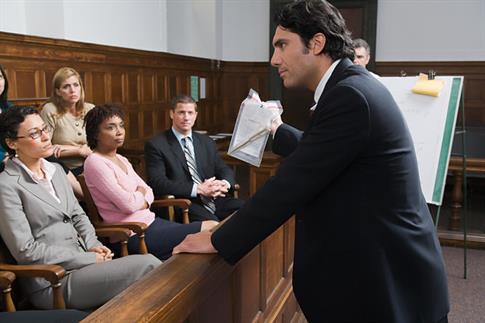Argument not “incurable”
November 11, 2019 The Fifth Court found that the following closing argument was not “incurable” (and thus, had to be objected to during trial). During voir dire, after noting the trial court’s instruction that lawyer argument was not evidence, Plaintiffs’ counsel said:
The Fifth Court found that the following closing argument was not “incurable” (and thus, had to be objected to during trial). During voir dire, after noting the trial court’s instruction that lawyer argument was not evidence, Plaintiffs’ counsel said:
Despite that, I’ll make a pledge to you, everything I tell you will be 100-percent accurate and truthful. I have been known to make a mistake. If I make that mistake, I’ll own it in closing argument at the end of the case.
Later, during closing argument, defense counsel argued:
Do you remember the pledge that Plaintiffs’ counsel made to you before this trial started? If there was a mistake, he would own it. Okay. So, let’s look at that. He puts up on that overhead what my client says, “I’m responsible for the damages.” For the accident, yes. But what he doesn’t remind you of, he also asked my client, “Do you know what their injuries are, what their treatments are?” He had no idea. So, to insinuate that my client is going to say, “I accept all of this,” is ridiculous. That’s dishonest.”
The Court noted that “‘[u]nsubstantiated attacks on the integrity or veracity of a party or counsel’ has been cited as a type of jury argument that is deemed incurable,” but found that this argument was not incurable given the earlier argument of Plaintiffs’ counsel, Plaintiff’s counsel’s rebuttal of the argument later, and the jury verdict that was generally consistent with the evidence on the central trial issue about damages. Hopkins v. Phillips, No. 05-18-01143-CV (Oct, 29, 2019) (mem. op.)